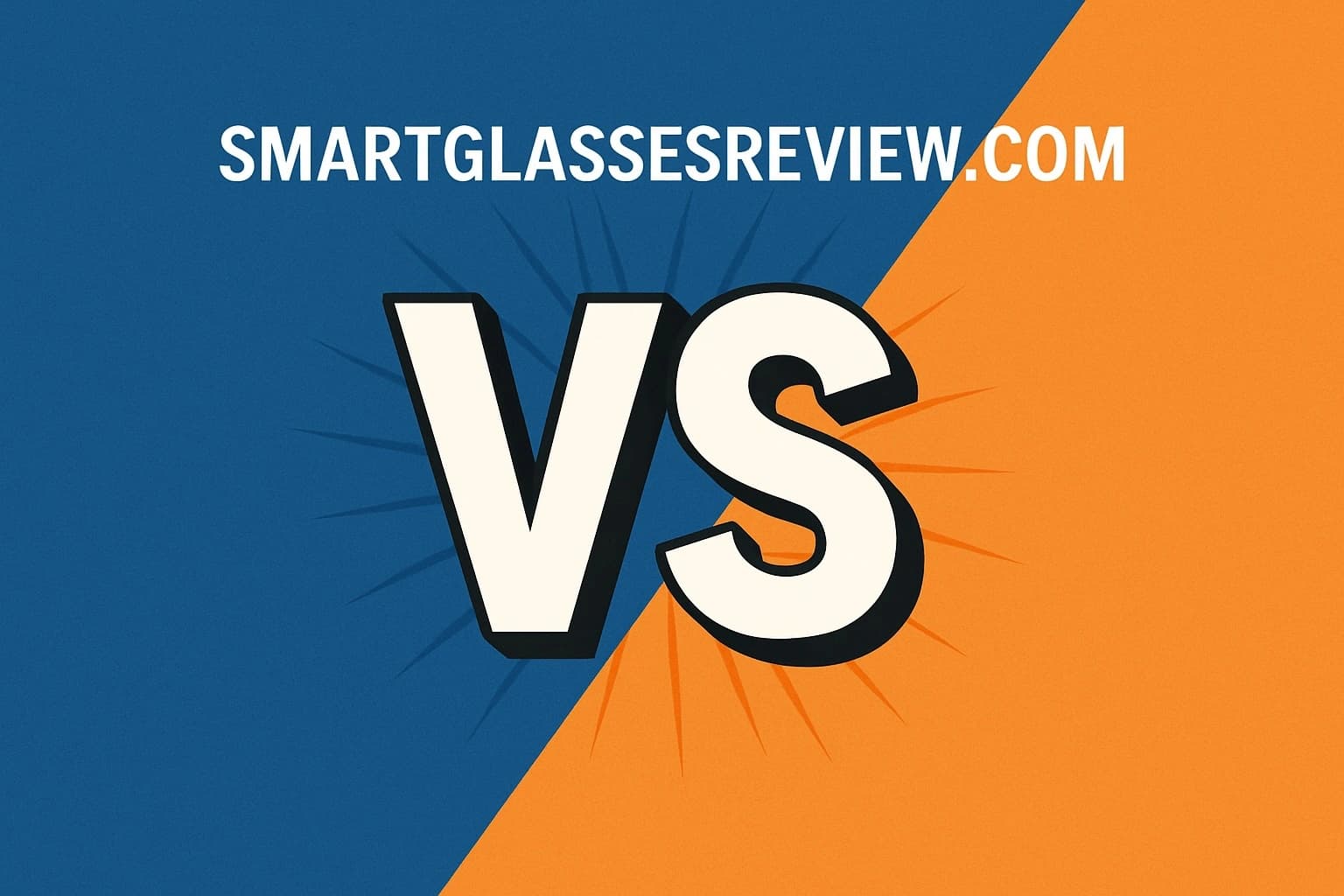
Loomos Smart Glasses vs. Viture Pro XR: Which One Should You Choose in 2024?
In the ever-evolving world of wearable technology, smart glasses are at the forefront, offering a blend of convenience, connectivity, and innovation. Two standout models in 2024 are the Loomos Smart Glasses and the Viture Pro XR. Whether you're a tech enthusiast or a professional looking to boost productivity, this comparison will help you make an informed decision.
Design & Comfort
When it comes to design, both Loomos and Viture have put a premium on aesthetics and comfort.
-
Loomos Smart Glasses feature a sleek and modern design, using lightweight titanium frames that promise durability without compromising comfort. At just 50 grams, they’re ideal for all-day wear.
-
Viture Pro XR opts for a more robust build, crafted from a combination of carbon fiber and plastic, slightly heavier at 70 grams but providing a sturdier feel. The adjustable nose pads enhance comfort for extended use.
Display & Optics
For those interested in augmented or extended reality, display quality is paramount.
-
Loomos offers a 40-degree field of view with OLED micro-displays, delivering vivid colors and high contrast, perfect for urban navigation and notifications.
-
Viture Pro XR takes it further with a 50-degree field of view and HDR support, ensuring superior brightness and color accuracy that's ideal for immersive experiences.
AI & Smart Features
Smart features are where these glasses truly shine.
-
Loomos integrates seamlessly with major voice assistants like Siri and Google Assistant, featuring intuitive touch controls and basic gesture support. However, it lacks advanced AI functionalities.
-
Viture Pro XR stands out with ChatGPT integration, offering sophisticated voice interactions and gesture recognition, making it a frontrunner for tech enthusiasts.
Audio & Microphone Quality
Good audio can elevate the user experience, especially for calls and media.
-
Loomos provides decent audio through built-in bone conduction speakers, ensuring situational awareness, though it might lack bass depth.
-
Viture Pro XR enhances audio with directional speakers and dual-mic noise cancellation, offering clearer calls and richer soundscapes.
Battery Life & Charging
Battery life is crucial for uninterrupted use.
-
Loomos offers up to 8 hours of mixed-use and charges via USB-C, reaching full capacity in under an hour.
-
Viture Pro XR provides a slightly longer battery life of 10 hours with fast charging capabilities, though it uses a proprietary connector.
App Support & Ecosystem
A robust app ecosystem can significantly enhance usability.
-
Loomos features a minimalist companion app, focusing on essential updates and integrations mainly with Apple and Android devices.
-
Viture Pro XR comes with a feature-rich app, boasting frequent firmware updates and integrations with Meta platforms, appealing to power users.
Price & Value
Both models come with their own price tags and value propositions.
-
Loomos Smart Glasses are priced at $399, including a sleek carrying case and a cleaning kit, offering good value for those focused on essential smart features.
-
Viture Pro XR, at $599, includes premium extras like a VR headset attachment and a year of free software updates, appealing to those seeking cutting-edge technology.
Use Case Recommendations
-
Loomos Smart Glasses are perfect for professionals who need hands-free notifications and basic smart features, ideal for daily commuting and productivity tasks.
-
Viture Pro XR suits tech enthusiasts and gamers wanting rich AR experiences and advanced AI capabilities, making it a great choice for content creation and immersive applications.
Conclusion
Both Loomos Smart Glasses and Viture Pro XR have their unique strengths. Loomos excels in simplicity and comfort, while Viture Pro XR offers advanced features for a more immersive experience. Your choice will depend on your specific needs and budget.
Which one would you choose? Leave a comment or check out our in-depth reviews!